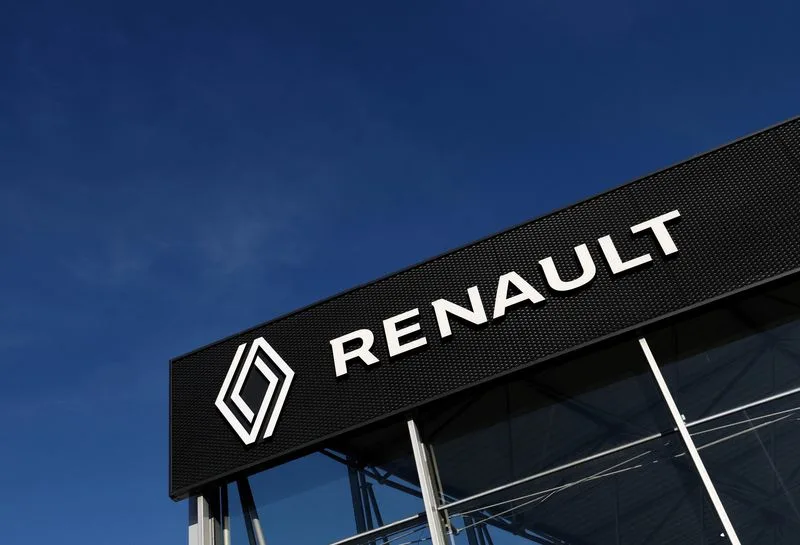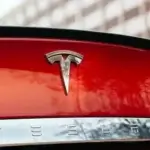Renault CEO Luca de Meo has issued a stark warning that Europe’s automotive industry could face fines totaling up to 15 billion euros ($17.4 billion) if electric vehicle (EV) sales continue to lag behind regulatory targets. Speaking on France Inter radio, de Meo highlighted the sector’s struggle to meet the European Union’s increasingly stringent CO2 emissions standards, which could have severe financial repercussions for automakers.
The EU is set to impose tougher CO2 targets starting in 2025, reducing the allowable emissions cap from 116 grams/km in 2024 to 94 grams/km. This shift places significant pressure on automakers to ramp up their EV production to meet these new standards.
“If electric vehicles remain at today’s level, the European industry may have to pay 15 billion euros in fines or forgo the production of more than 2.5 million vehicles,” de Meo warned. As the current pace of EV adoption is only half of what is needed to meet the upcoming targets, the industry is at risk of substantial penalties.
Under the new regulations, exceeding CO2 limits could incur fines of 95 euros per gram of excess CO2 per kilometer, multiplied by the number of vehicles sold. For large car manufacturers, this could translate into hundreds of millions of euros in penalties.
This comes as Renault Group broke new records as it improved on its first half performance y-o-y with Group revenue standing at €27bn.
2024 first half results: Renault Group breaks new records and continues to improve its performance with Group revenue of €27.0bn, +0.4% and +3.7% vs. 2023 H1 at constant exchange rates.
Learn more: https://t.co/AISLGse7PK
— Renault Group (@renaultgroup) July 24, 2024
De Meo, who also serves as president of the European Automobile Manufacturers Association (ACEA), emphasized the urgency of addressing these challenges. “Everyone is focusing on 2035, but we should be concerned about 2025 because we are already struggling to meet these targets,” he said. He called for more flexibility in the regulatory framework to avoid severe financial consequences, stressing that rigid deadlines and fines without adequate flexibility could be perilous for the industry.
The call for regulatory adjustments underscores the broader challenge facing the automotive sector as it navigates the transition to greener technologies while grappling with evolving emissions standards and market dynamics.
Over 50% Of Chinese Drivers Prefer EVs And Hybrids, New Data Reveals





